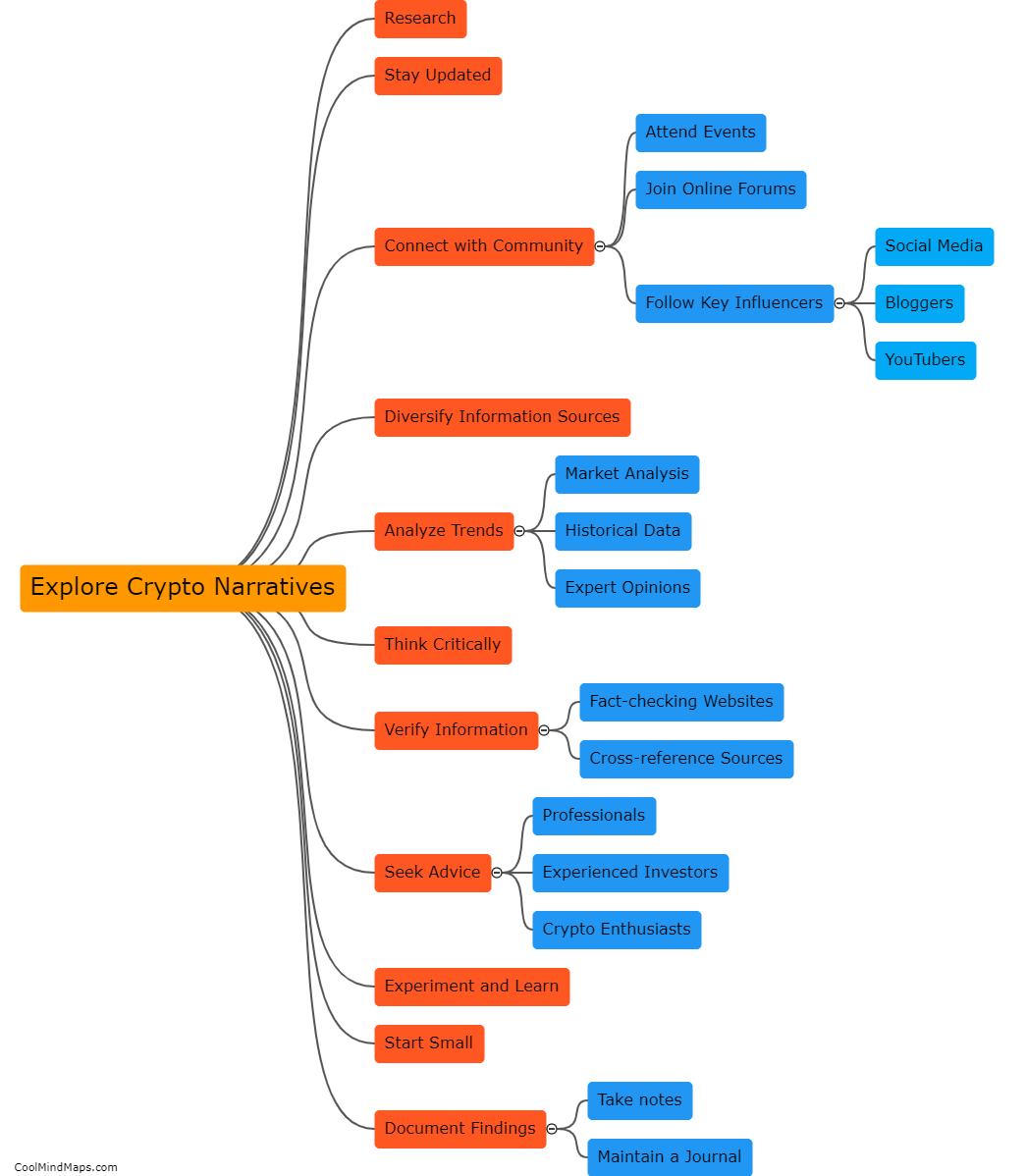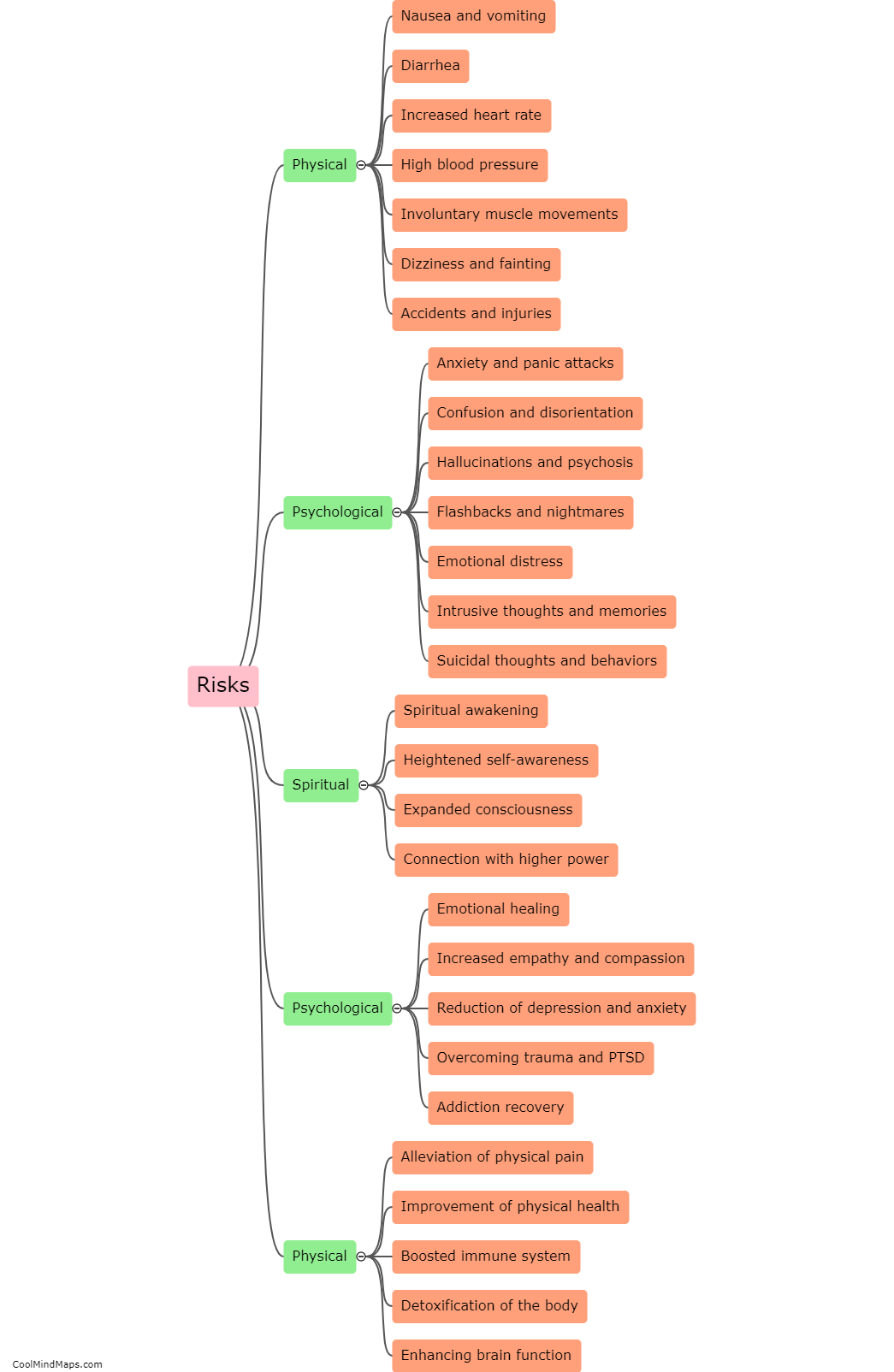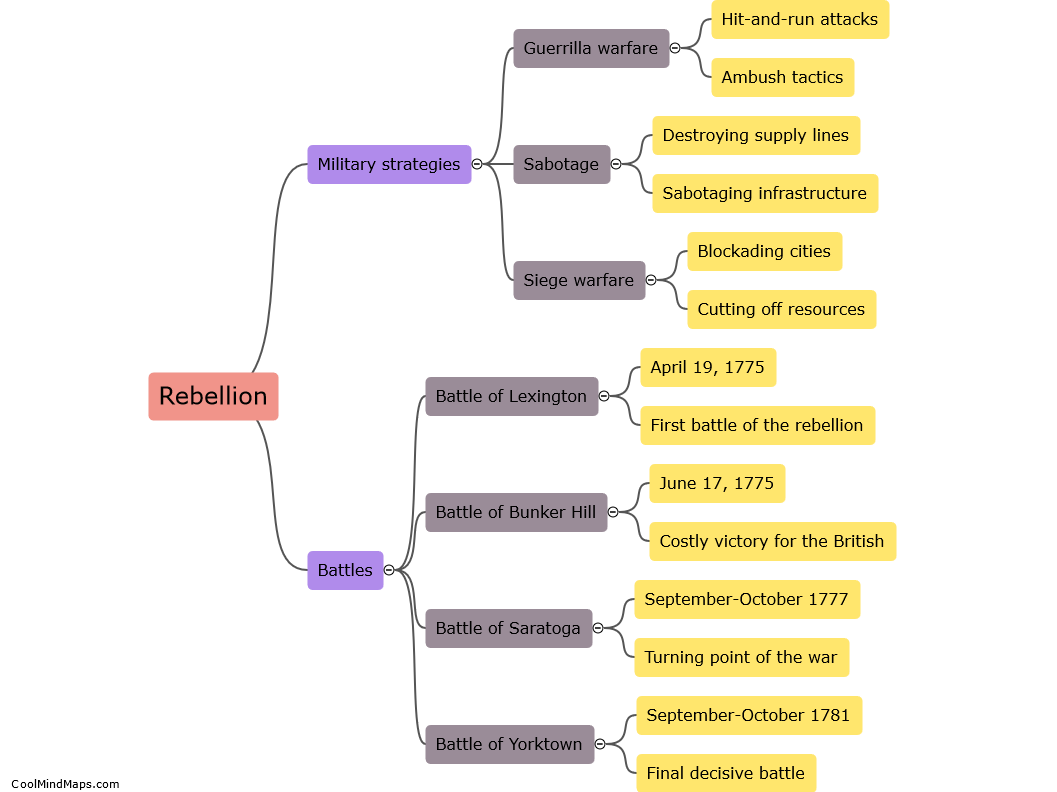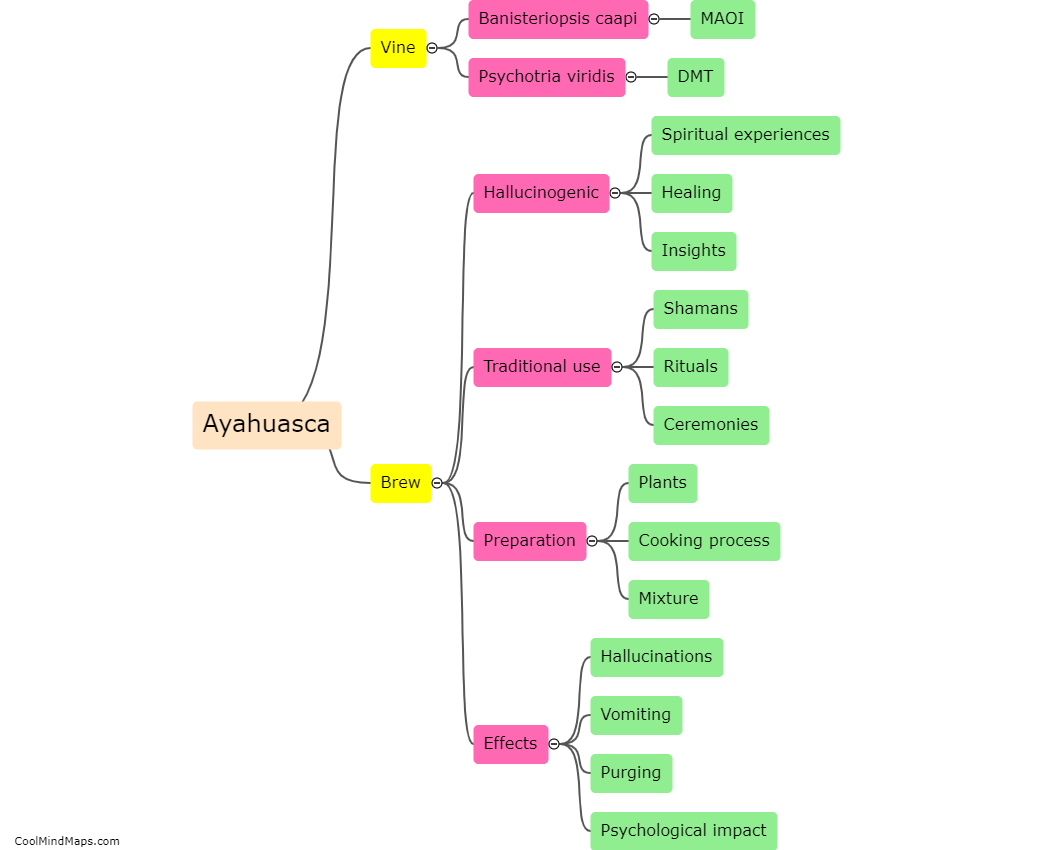What were the causes of the Taiping Rebellion?
The causes of the Taiping Rebellion can be attributed to a combination of political, economic, and social factors. One major cause was the widespread discontent among the Chinese peasantry due to the oppressive rule of the Qing dynasty and their heavy taxation policies. Additionally, the increasing gap between the rich and the poor exacerbated tensions, fueling resentment and rebellion. The influence of Christian missionaries and their teachings also played a significant role in inspiring rebellion, as they offered an alternative ideology that appealed to many Chinese people. Finally, the ineptitude and corruption within the Qing dynasty's administration, coupled with widespread corruption and governance failures, further eroded public trust and led to the outbreak of the Taiping Rebellion. Overall, these factors converged to create a volatile environment ripe for rebellion and a desire for significant social and political change.
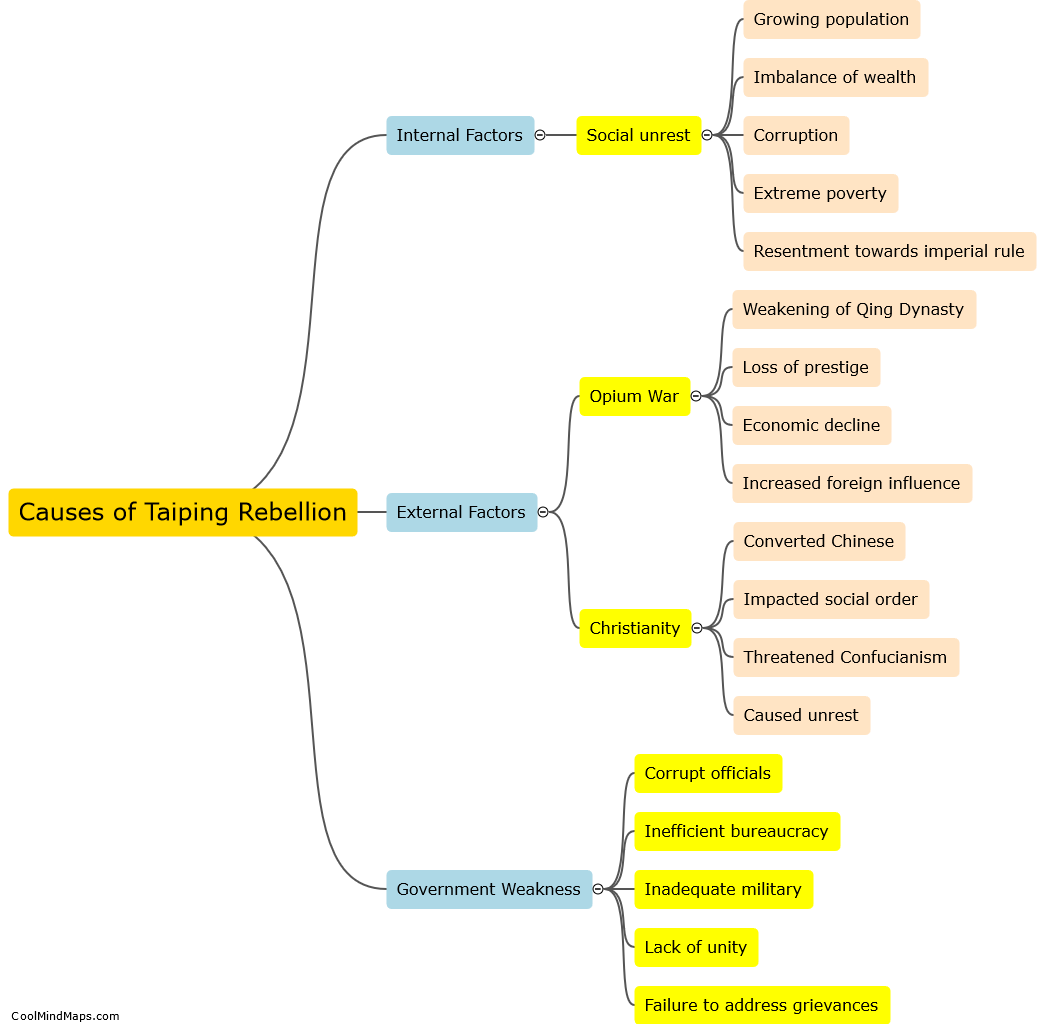
This mind map was published on 12 September 2023 and has been viewed 100 times.

